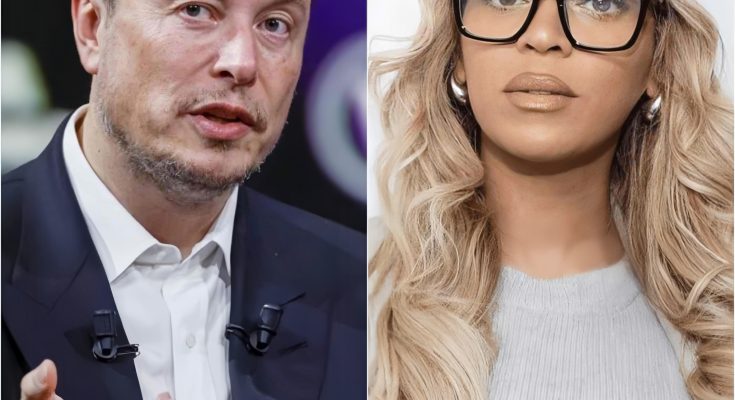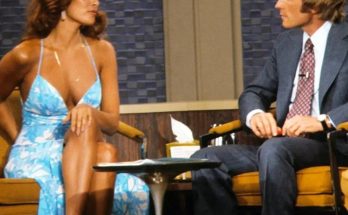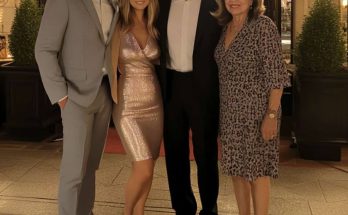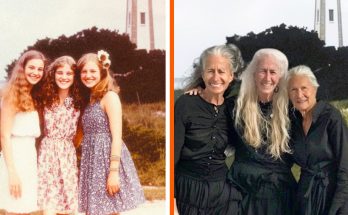In a recent and unexpected turn of events, billionaire entrepreneur Elon Musk has found himself at the center of a social media storm after publicly criticizing pop icon Beyoncé. Musk’s comment, “You’re impersonating a country singer,” quickly went viral, sparking intense debates across platforms like Twitter, Instagram, and Reddit. The remark has raised eyebrows, with fans and critics alike speculating about the motivation behind his words and their potential impact on the music and entertainment industries.
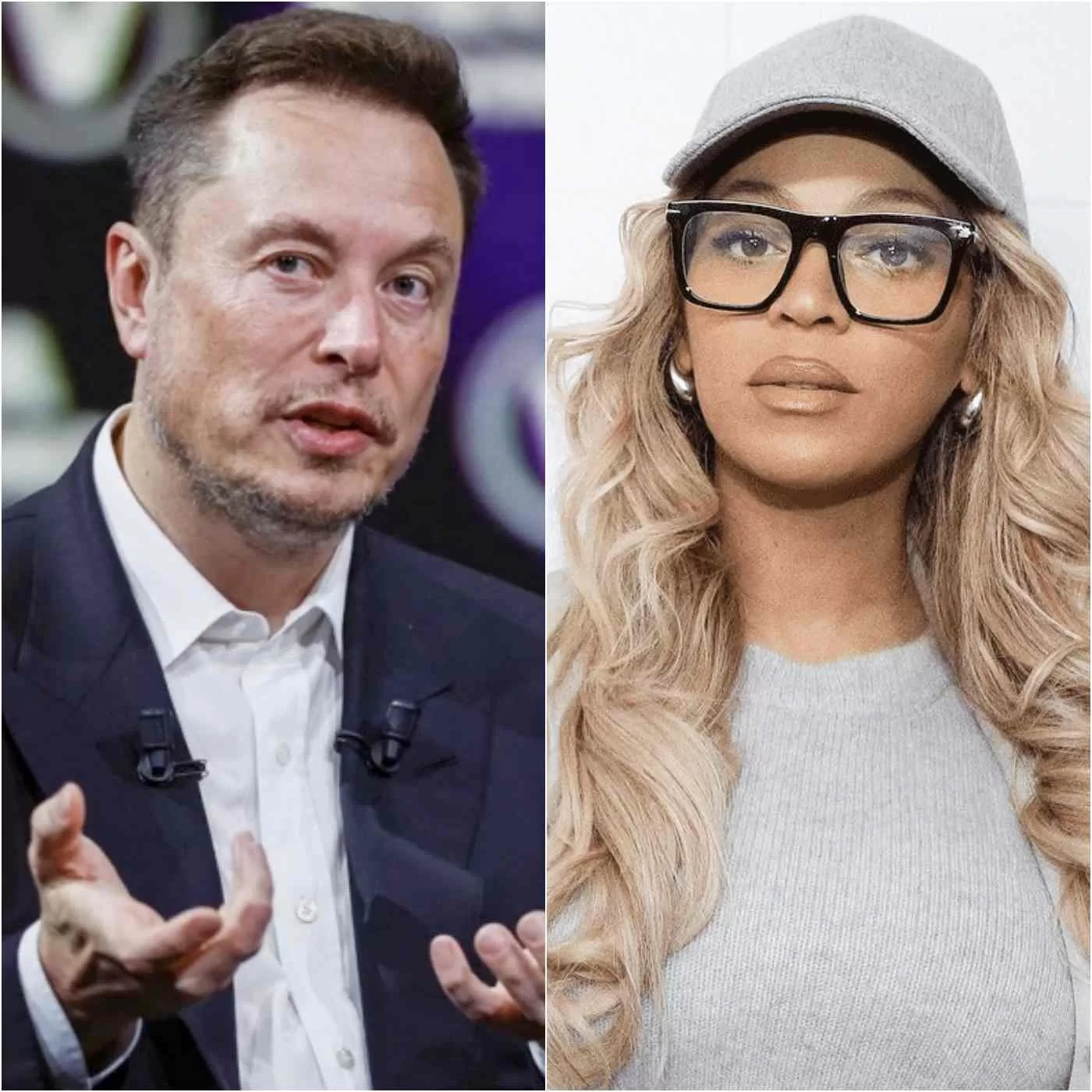
Elon Musk, known for his eccentric personality and unfiltered Twitter presence, is no stranger to controversy. From his ambitious ventures with Tesla, SpaceX, and Neuralink to his bold statements about cryptocurrency and artificial intelligence, Musk thrives on challenging norms. However, his latest comment about Beyoncé has left many questioning whether this was a calculated move or simply another one of his impulsive tweets.
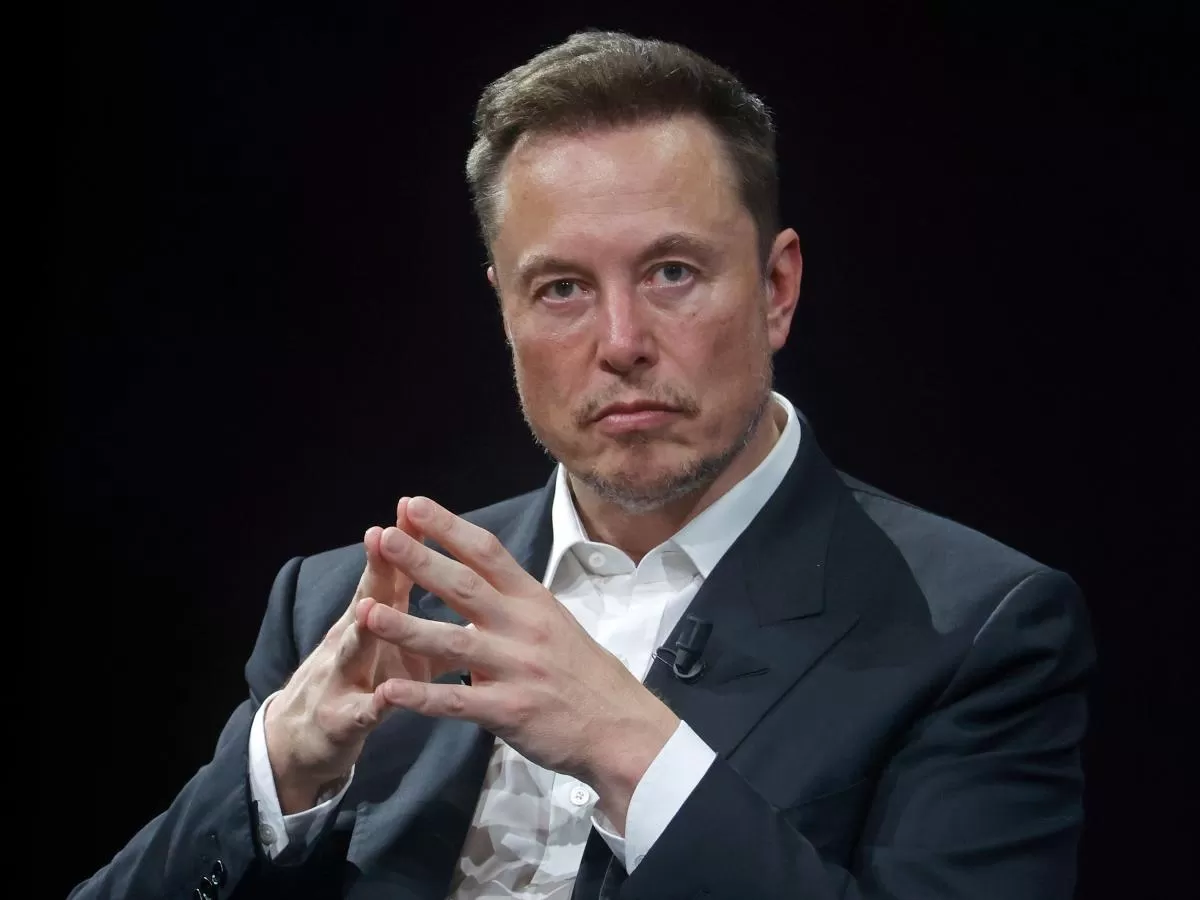
Beyoncé, often referred to as Queen Bey, is widely celebrated as one of the greatest entertainers of our time. Her genre-defying music, powerful stage presence, and dedication to artistic integrity have cemented her place in the pantheon of global superstars. Over the years, she has dabbled in a variety of musical styles, from R&B and pop to hip-hop and even elements of rock. However, Beyoncé’s venture into country music has been relatively limited, making Musk’s critique even more puzzling to fans.
The comment came after Beyoncé’s recent performance at a high-profile event where she performed a reimagined version of a classic country song. While the performance received widespread praise for its creativity and vocal excellence, Musk’s reaction suggests he was less than impressed. Many speculate that his comment may have been aimed at her artistic choices rather than her talent, but the lack of context has left room for widespread interpretation.
Social media erupted almost immediately after Musk’s tweet. Fans of Beyoncé, often referred to as the Beyhive, were quick to defend their idol, accusing Musk of lacking understanding or appreciation for musical versatility. Thousands of tweets and posts flooded the internet, many featuring memes, reaction videos, and even detailed rebuttals highlighting Beyoncé’s contributions to the music industry. Critics of Musk pointed out that his expertise lies in technology and business, not music, and that his comment came across as dismissive.
Meanwhile, Musk’s supporters argue that his remark might have been misinterpreted or taken out of context. Some suggest that he was attempting to make a humorous observation, albeit one that didn’t land well with the public. Others believe that Musk’s critique may reflect a broader conversation about the blending of musical genres and how audiences perceive authenticity in art.
Industry experts have weighed in on the controversy, offering nuanced perspectives on the intersection of music, celebrity culture, and public discourse. Some see Musk’s comment as a reflection of the increasingly blurred lines between genres, with artists like Beyoncé often pushing boundaries to create innovative work. Others argue that his words highlight the risks public figures face when stepping outside their area of expertise to comment on unrelated fields.
Beyoncé herself has not responded directly to Musk’s critique, choosing instead to remain silent amidst the noise. This approach aligns with her usual strategy of letting her work speak for itself. Her most recent performances and projects have demonstrated her commitment to artistic evolution, regardless of external criticism.
The controversy also raises larger questions about the role of social media in shaping public perceptions of both celebrities and their work. In an era where a single tweet can spark global discussions, public figures like Musk wield immense influence over how audiences interpret and react to cultural phenomena. While some see this as an opportunity for meaningful dialogue, others worry about the potential for misunderstanding and conflict.
This is not the first time Musk has found himself in hot water over his tweets. His outspoken nature has previously led to legal challenges, stock market fluctuations, and even debates about the responsibilities of influential figures in the digital age. Despite this, Musk remains unapologetic about his approach to communication, embracing both the praise and backlash that come with his controversial statements.
For Beyoncé, the episode is unlikely to have a lasting impact on her career. With a loyal fanbase and a reputation for excellence, she continues to dominate the music industry and inspire millions around the world. The incident may even bolster her image as an artist willing to take risks and challenge conventions, reinforcing her status as a trailblazer.
As the debate continues to unfold, it is clear that Musk’s comment has touched a nerve in both the music and tech communities. Whether seen as a harmless joke, an ill-timed observation, or a deeper critique of genre experimentation, the remark has sparked conversations that go beyond the individuals involved. It highlights the complexities of cultural criticism, the influence of social media, and the evolving relationship between technology and the arts.
In the coming days, it will be interesting to see whether Musk chooses to elaborate on his statement or let the controversy fade. Similarly, fans and observers will be watching closely for any subtle responses from Beyoncé, whether through her art or her actions. For now, the incident serves as a reminder of the power of words and the unpredictable dynamics of celebrity culture in the digital age.

